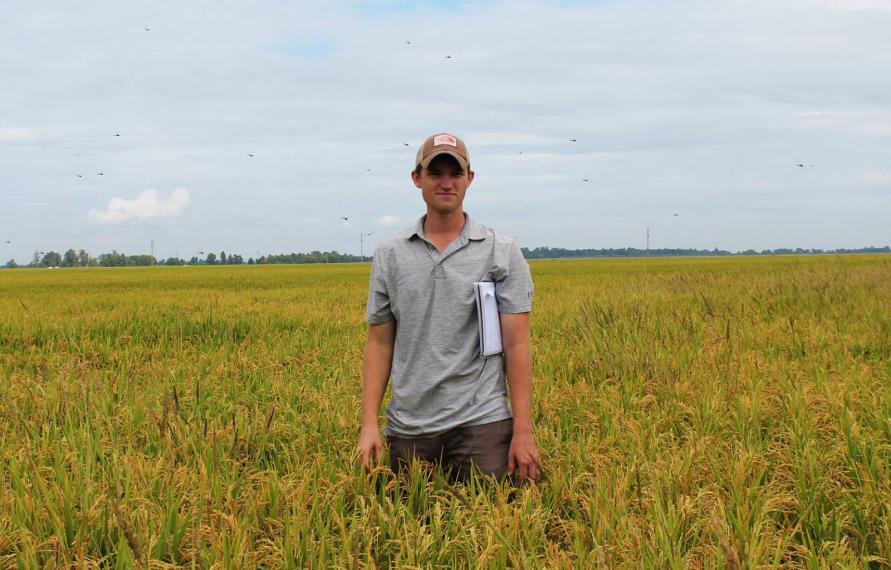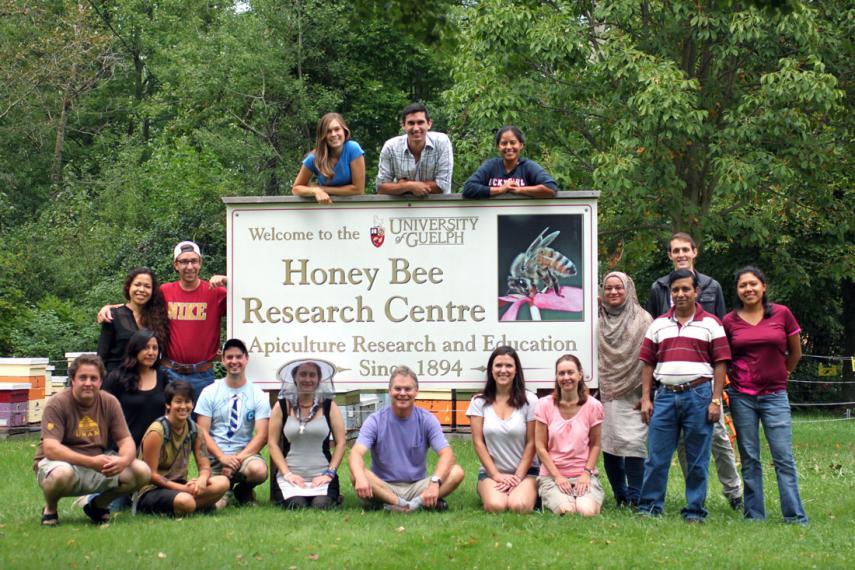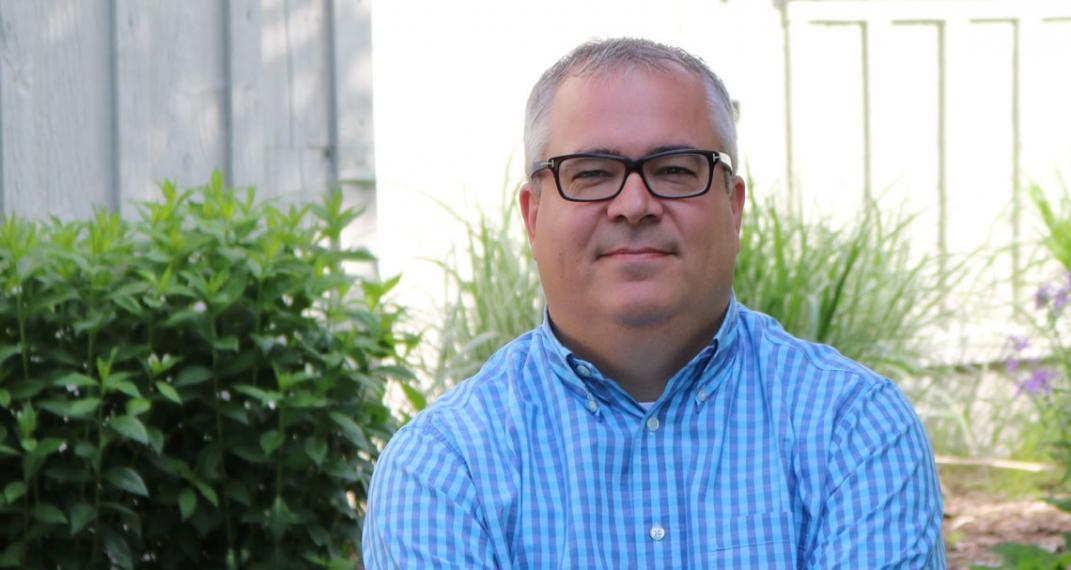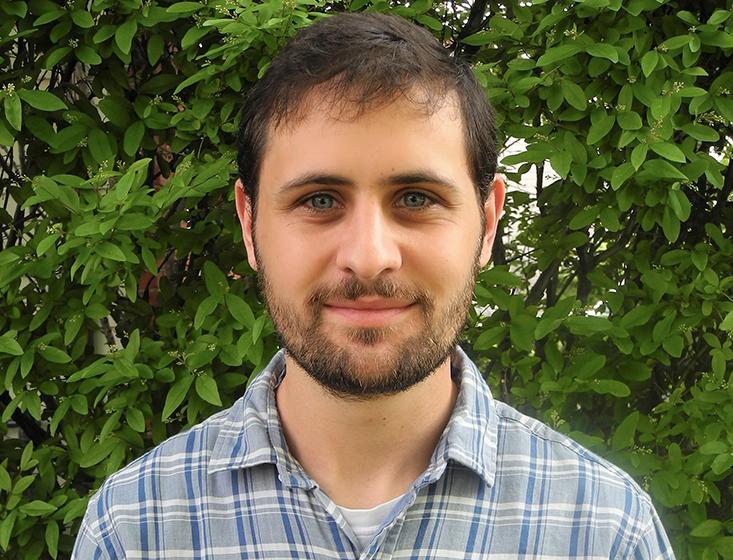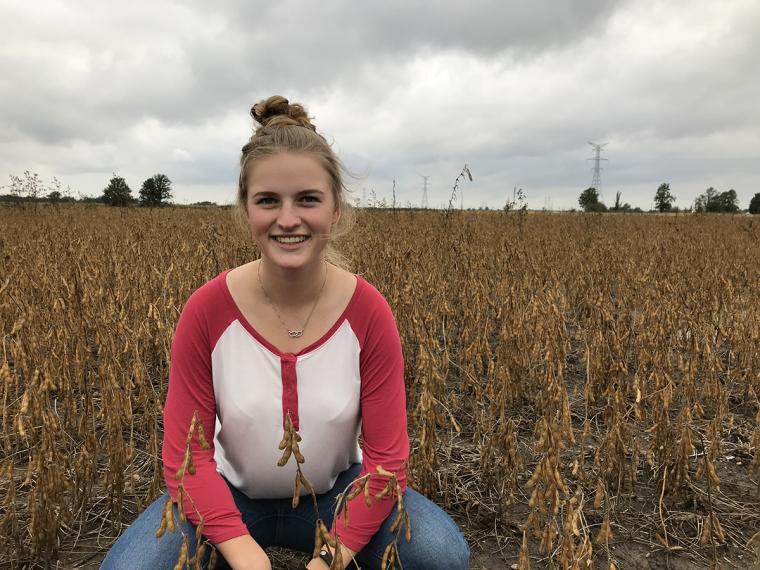
Meet Hannah, CHATS student
Hannah Symington came to the University of Guelph because of its strong agricultural science program, but soon realized how much more it has to offer. Hannah realized there’s just as much to learn outside of the classroom as there is in the classroom and has taken advantage of the valuable experiences provided by clubs and student-run social events.
